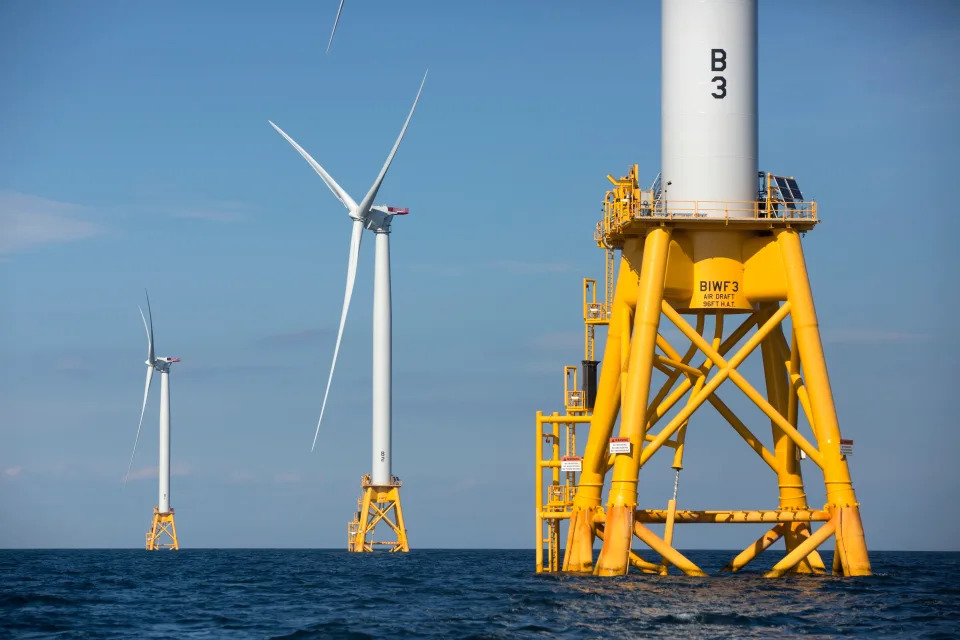By Miles Bidwell for The Providence Journal, October 29, 2023
The recent Your Turn by Bradley Campbell (“Wind farm opponents falsely claim that projects are killing whales,” Commentary, Oct. 15) appears strikingly similar to a piece I recall from several months ago by John Podesta’s Center for American Progress, which has been leading the charge in advocating for wind farms while criticizing those who oppose them. Like much of Podesta’s material, it begins with a personal attack on those who hold a different viewpoint, accusing them of being financed by “Big Oil” and other questionable groups.
The article then proceeds with familiar rhetoric, erroneously suggesting that clean energy from offshore wind is our best solution to combat carbon emissions and save our oceans and ecosystems. While the benefits of renewable energy are evident, it’s crucial to critically assess the true impact of wind farms.
One concern worth exploring is the potential harm caused by acoustic sea floor testing conducted by wind farm developers. While there’s reasonable cause to suspect that this testing is harming whales, we lack definitive evidence. A recent article in the New York Post summarizes the evidence.
Another aspect to consider is the economics of wind farms. Presently, the cost of wind energy is approximately 14 cents per kWh, significantly higher than the 3 to 4 cents per kWh for natural gas, as reported on the ISO-NE website. Furthermore, the builders of the proposed wind farms off the New England coast including BP, Equinor and Ørsted are now seeking additional funding on top of existing taxpayer subsidies, and these installations will need replacement in between 20 and 30 years.

In essence, wind farms produce expensive and unreliable electricity. They can’t replace old power plants, which are essential for grid stability during windless periods. Moreover, their environmental impact is uncertain, with some studies suggesting they may require more carbon emissions during construction than they could ever offset. Wind turbines are a very inferior way to generate electricity. Without massive subsidies, they would not be built.
Instead of building wind farms, we should consider more reliable alternatives. One or two combined cycle natural gas generating plants could produce as much electricity as the wind farms with a much smaller environmental footprint.
Read the full article here.
Wind Concerns is a collaboration of citizens of the Lakeland Alberta region against proposed wind turbine projects.


